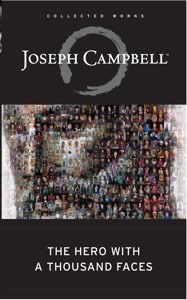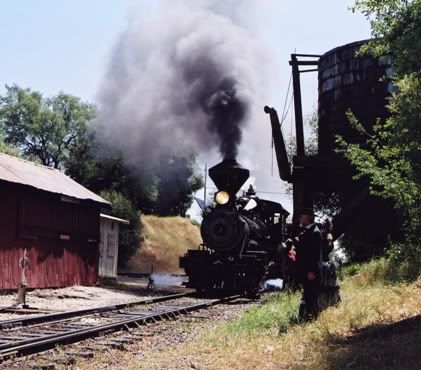
Athletes often talk of ‘hitting the wall’. Without the right training or glucose intake, an endurance runner will come to a point where they’re all but overwhelmed with fatigue. These folks love to run and train hard for a marathon, but in the midst of their enjoyment comes a point that drains them of energy and happiness and leaves them struggling to just take one more step.
Writers can hit a similar wall. It might not weigh down your limbs or cause sweat to pour down your brow, but it can stop your efforts dead. It can be a transition from one scene to the next, a break in a conversation or just a pause in the line of thought you’d been following. Whatever it is, the steam runs out of the engine and you grind to a halt. You stare at what you’ve written, proud that you’ve gotten this far but knowing there’s more to go, and wondering how in the hell you’re going to get to that fantastic ending you’ve been planning with the help of women who game and magic talking beardfaces.
There’s really only one way to proceed if you happen to hit that wall. It’s the same thing those long-distance runners do, when you get right down to it.
Keep. Going.
As much as someone might tell you that writing something else other than your primary focus doesn’t help you, if you’ve written yourself into a corner and need to write your way out, sometimes you can’t do that as immediately as you’d like. So go write a blog post. Try a new writing experiment. Bang out some slash fic. Jot down limericks. Just keep writing.
I hit a wall recently. I knew I had to keep going, to get to the other end of what I was working on. But it felt laborious, like every few words I had to stop and catch my breath. I re-read things I’ve written before. I tried to remind myself of why I do what I do, what makes me passionate about writing and why some of the works out there that are so successful piss me off. The point is, I didn’t stop writing. I might have paused in the writing of the project that ultimately might mean something, but I kept my fingers moving across the keyboard until going back into the trenches of the main work didn’t seem as daunting, and before I knew it I was humming along again.
I know that, as a mostly unpublished writer, a somewhat arrogant jackass and a legendary waster of time and money, my advice should be taken with at least a couple of pounds of salt. But there it is. That’s how I tore down the wall between me and the end of my project. Maybe it’ll work for you, too.










